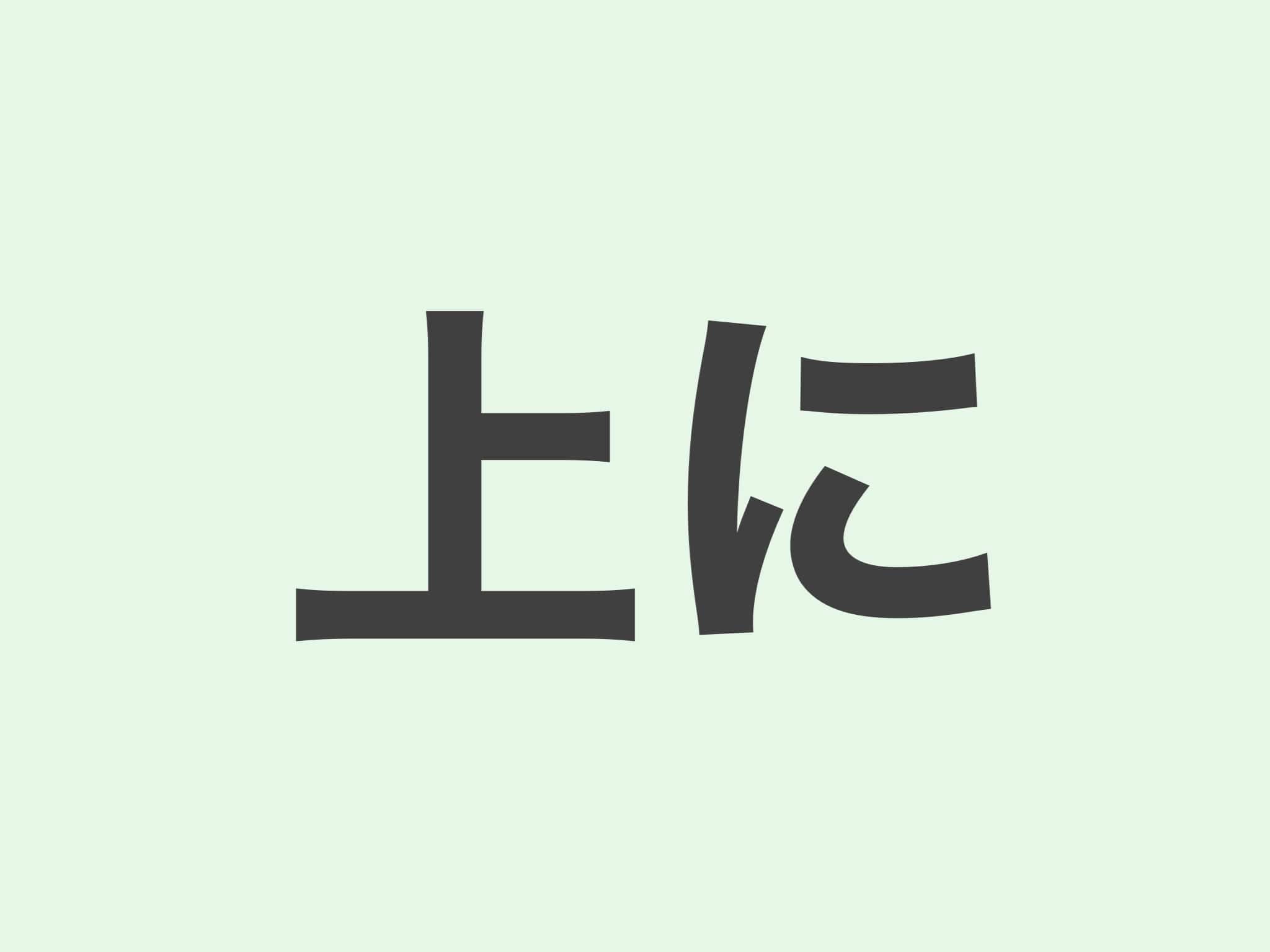説明 (Explanation)
文法(Grammar):普通形(な形容詞な・である / 名詞の・である)+上に
意味 (Meaning):ある性質や状態に加えて、さらに別の性質や状態もあるという意味。
英語(English):It means “in addition to one quality or condition, there is also another quality or condition.”
JLPT Textbook Recommendations
例文 (Examples)
- 彼は仕事ができる上に、人柄も良い。
- 長時間働いた上に、さらに残業があった。
- 彼は優しい上に、面白い。
- 家賃が高い上に、駅から遠い。
- 寒かった上に、風も強かった。
- このアプリは便利な上に、無料で使える。
- 明日は朝から会議の上に、プレゼンもしなければならない。
ひらなが (Hiragana)
- かれはしごとができるうえに、ひとがらもよい。
- ちょうじかんはたらいたうえに、さらにざんぎょうがあった。
- かれはやさしいうえに、おもしろい。
- やちんがたかいうえに、えきからとおい。
- さむかったうえに、かぜもつよかった。
- このあぷりはべんりなうえに、むりょうでつかえる。
- あしたはあさからかいぎのうえに、ぷれぜんもしなければならない。
英語翻訳 (English Translation)
- He is capable at work, and on top of that, he has a good personality.
- After working long hours, I even had to do overtime.
- He is kind, and on top of that, he is funny.
- The rent is high, and on top of that, the apartment is far from the station.
- It was cold, and on top of that, the wind was strong.
- This app is convenient, and on top of that, it’s free to use.
- Tomorrow, I have a meeting from the morning, and on top of that, I have to give a presentation.





コメント